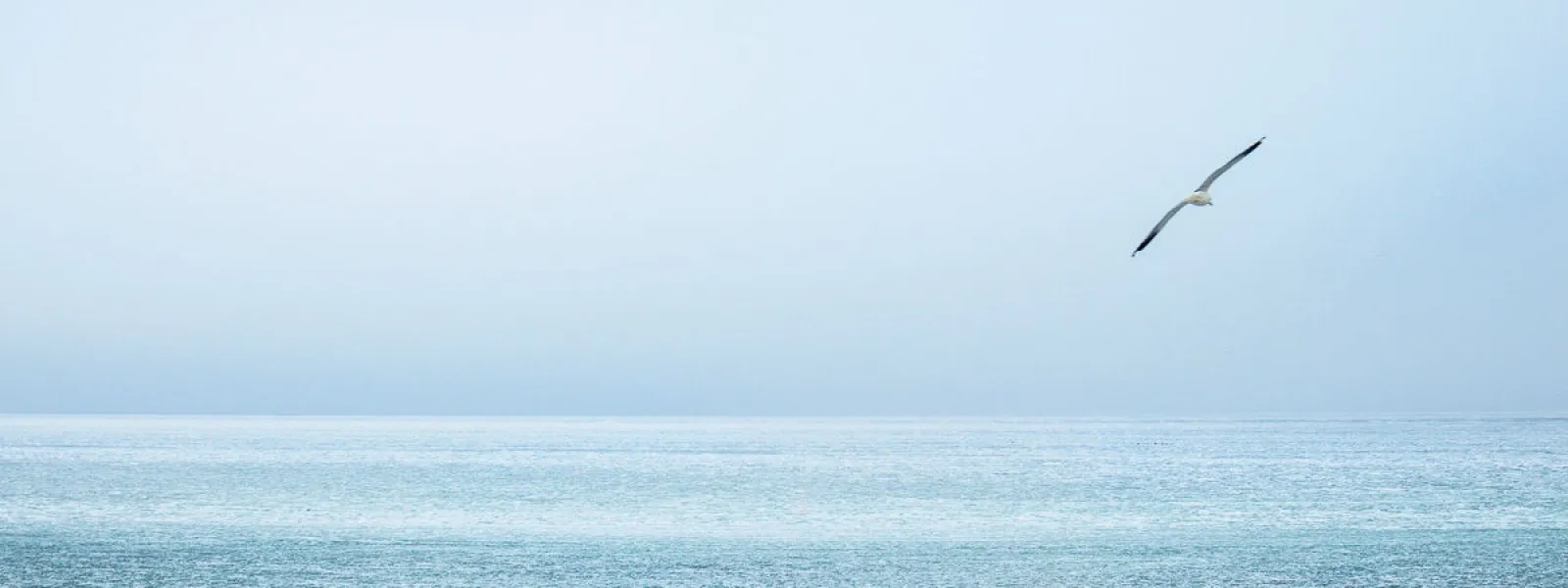
Important progress made towards ocean treaty
Photo: Odwalker / Flickr.States meeting at the United Nations in New York took an important step towards launching negotiations for a new treaty to protect the biodiversity of the high seas (areas beyond the national jurisdiction).
Making up two thirds of the global ocean, marine life in the high seas is not effectively protected. A new treaty will rectify this, putting in place measures to protect the rich and globally significant biodiversity and ecosystem services of the high seas and to govern activities undertaken there sustainably.
Although the wording of the recommendation did not reflect the very strong support for rapid UN action towards a treaty, it will enable the General Assembly to convene an Intergovernmental Conference. The 35 member organisations of the High Seas Alliance which have campaigned for this treaty were pleased with the recommendation to move forwards.
Peggy Kalas of the High Seas Alliance said: “This is a significant step for the high seas and humanity since we are all dependent on the ocean for a healthy planet. A new treaty will bring law and governance to this most neglected and besieged part of our world and we are closer to that goal now. We are profoundly thankful to the many, many states who have worked so hard to achieve this; their determination to protect the global commons for all humankind has been inspiring.”
The decision of the Preparatory Committee will now go the UN General Assembly. The overwhelming majority of states are pushing for the next step to be an Intergovernmental Conference (IGC) convened in 2018. An IGC would mean formal negotiations on the text of a new treaty would commence.
"Today marks a significant step forward for the world’s ocean," said Lisa Speer, Director of international Oceans at the Natural Resources Defense Council.
Sylvia Earle said: “The nations of the world took important steps towards a treaty today. The high seas are half of the world and need the rule of law. To those who have worked so hard at the UN and in support of this moment, we extend an ocean of gratitude and carry forward optimism for a high seas treaty.”
Veronica Frank of Greenpeace said: “Although we hoped to see a starting date included for the negotiating conference, it was good to see such overwhelming support for moving the process forward and so many people around the world speaking up for ocean protection. It is now for the UN General Assembly to make that step forward for the ocean and for all the people that depend on it. Anything less would fall short of what is our blue planet needs to recover."
Gladys Martínez, an attorney with the Interamerican Association for Environmental Defense, said: “We applaud the commitment of so many delegates to protect nearly half of our planet. We are both proud and grateful for the work of Latin American nations in this regard.”
Maria Damanaki of the Nature Conservancy said: “This is a demonstration of global collaboration, and a step towards protecting half of our planet, which today is an unregulated no man's land. We join our partners in the High Seas Alliance in commending the states and organisations that have worked effortlessly to make this happen."
“This represents a major step in a long journey driven by a large number of committed states. We need to continue this momentum through to the General Assembly to deliver a resolution for an Intergovernmental Conference” added Tim Packeiser of WWF.
In June all States signed on to a global call to action for the ocean, of which the high seas is a major part.
